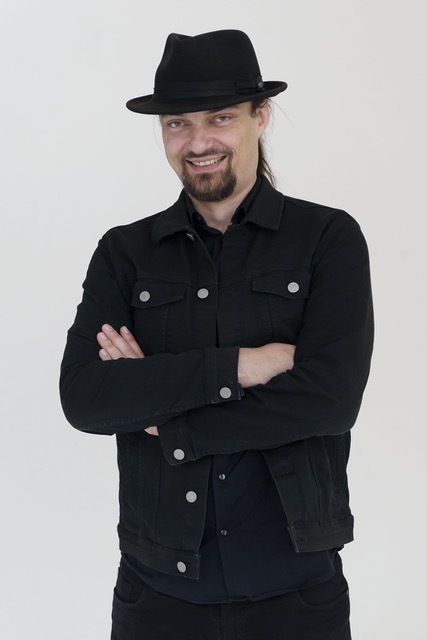Artificial intelligence (AI) is a potentially disruptive tool for physics and science in general. One crucial question is how this technology can contribute at a conceptual level to help acquire new scientific understanding or inspire new surprising ideas. I will talk about how AI can be used as an artificial muse in physics, which suggests surprising and unconventional ideas and techniques that the human scientist can interpret, understand and generalize to its fullest potential.
[1] Krenn, Kottmann, Tischler, Aspuru-Guzik, Conceptual understanding through efficient automated design of quantum optical experiments. Physical Review X 11(3), 031044 (2021).
[2] Krenn, Pollice, Guo, Aldeghi, Cervera-Lierta, Friederich, Gomes, Häse, Jinich, Nigam, Yao, Aspuru-Guzik, On scientific understanding with artificial intelligence. Nature Reviews Physics 4, 761–769 (2022).
[3] Krenn et al., Forecasting the future of artificial intelligence with machine learning-based link prediction in an exponentially growing knowledge network, Nature Machine Intelligence 5, 1326 (2023)
[4] Gu, Krenn, Interesting Scientific Idea Generation Using Knowledge Graphs and LLMs: Evaluations with 100 Research Group Leaders. arXiv:2405.17044 (2024)
Dr Mario Krenn is the research group leader of the Artificial Scientist Lab at the Max Planck Institute for the Science of Light in Erlangen, Germany. His work uses artificial intelligence to augment human creativity in scientific discovery, with a particular emphasis on quantum physics. Dr Krenn has introduced AI systems that design quantum experiments and hardware, several of which have been realized in laboratories, and developed algorithms to inspire unconventional ideas in quantum technologies. His ERC Starting Grant project, ArtDisQ, aims to transform physics simulators to accelerate the discovery of advanced quantum hardware. He believes that understanding the qualities of great human scientists -- such as creativity, curiosity, and the ability to uncover surprising insights -- is essential for advancing the development of artificial scientists.

